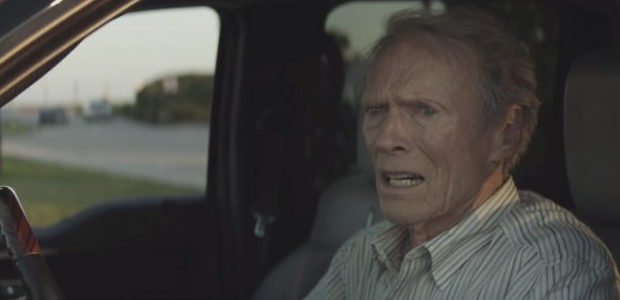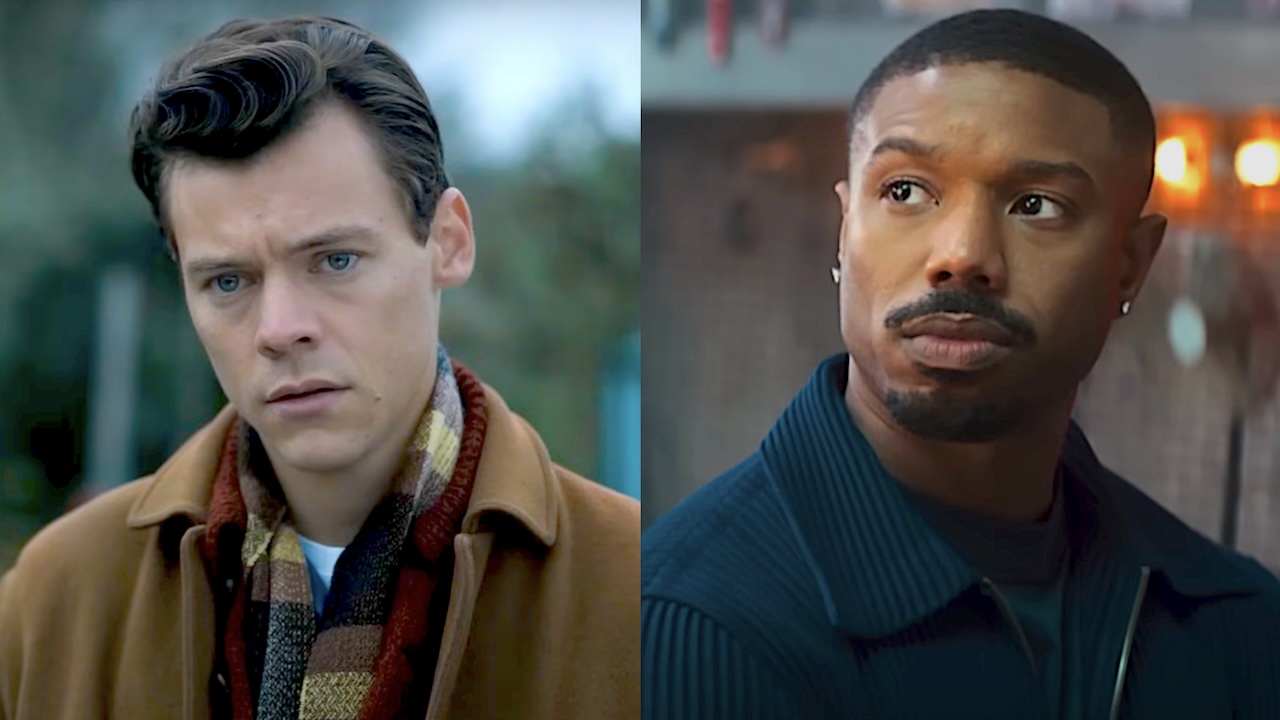Each new film is a contribution to Clint Eastwood's decades-spanning legacy. We don't know how many more stories the Oscar-winning director will be able to tell (not that he's showing any signs of slowing down at age 88, as The Mule is the second film the director has in theaters in 2018). Because of that, we instantly consider where a new film falls in the pantheon of Eastwood features.
The simple answer is that The Mule isn't good enough to make it into the top tier of Clint Eastwood classics -- a VIP section populated by Unforgiven, Million Dollar Baby, The Outlaw Josey Wales and A Perfect World. Nor is it ever going to get confused as one of the worst films Eastwood has ever helmed. It's middle-of-the-road Eastwood, meaning it explores some interesting subjects, gives a few emotional scenes to his compelling cast, meanders along at a leisurely pace (when the drama of the story actually demands more urgency), but lacks the punch of some of Clint's best work.
The most interesting aspect of The Mule is that it's based on a wild true story. Leo Sharp was a military veteran and family man who worked as a botanist but fell on rough financial times, so he supplemented his income by transporting drugs across state lines for a Mexican cartel.
Leo Sharp becomes Earl Stone in The Mule, but the bones of the story remain the same. Earl spent the bulk of his years as a horticulturalist, but ignored his ex-wife (Dianne Wiest), daughter (Alison Eastwood) and granddaughter (Taissa Farmiga) in the process.
When online flower sales put him out of business, Earl takes a side gig driving for shady characters who like the old man because he's unassuming, and has no driving citations. (The circumstances of Earl getting recruited by the cartel are ludicrous, but you go with it, so the movie doesn't fall apart.)
At first, Earl doesn't even know what he's transporting in the generic duffle bags that the cartel puts in the back of his pickup truck. But even when he figures out that it's drugs he's moving, Earl can't turn down the money he's making. To assuage his guilt, Earl starts to Robin Hood it, using the "dirty" money to assist his family, his community, his fellow U.S. war veterans and more.
Now would have been an excellent time for The Mule to ask difficult moral questions about Earl's role in the illegal drug trade. Does the old man wonder what happens to the drugs he's bringing to crime-infested places like Chicago and Detroit? Does he feel guilty at all? The movie never suggests regret.
Oddly, The Mule instead celebrates the drug trade, allowing Earl to visit the cartel's headquarters -- where kingpin Andy Garcia fires off a golden shotgun at moving targets and parties, 24/7, with bikini-clad super models. Instead of wresting with his role as a cog in a damaging machine, Eastwood's character has a threesome with Mexican cartel strippers, and roadside escorts. That's right, Earl has TWO threesomes in The Mule. I guess, when the 88-year-old directs himself in a movie, he includes scenes like that.
Thankfully, Clint the director knows there needs to be some emotional weight to Earl's journey, and he includes tender, dramatically tense scenes with Dianne Wiest and Taissa Farmiga, which help bridge the leisurely scenes of Earl driving in the car, singing along to his favorite songs and getting drive-thru burgers.
There's a third subplot playing out in The Mule, and its an essential thread, though it's underserved and cliché as all get out. In it, a dedicated DEA agent (Bradley Cooper) ordered by his strict boss (Laurence Fishburne) to "make busts" tracks down the mule who is moving millions in drugs across state lines. This thread only surfaces occasionally -- Cooper, Fishburne and Michael Pena could have filmed all of their scenes over the course of two weekends -- and it builds to a fantastic face-to-face conversation between Eastwood and Cooper in a Waffle House.
That scene reminds us why The Mule is special, and worthy of a look. Six years after his last screen performance (in Trouble with the Curve) and a decade after he directed himself in Gran Torino, Eastwood shows that he's still capable of carrying a mildly compelling drama with moderate wrinkles, low stakes, but enough human drama to please his dedicated audience.

Sean O’Connell is a journalist and CinemaBlend’s Managing Editor. Having been with the site since 2011, Sean interviewed myriad directors, actors and producers, and created ReelBlend, which he proudly cohosts with Jake Hamilton and Kevin McCarthy. And he's the author of RELEASE THE SNYDER CUT, the Spider-Man history book WITH GREAT POWER, and an upcoming book about Bruce Willis.











